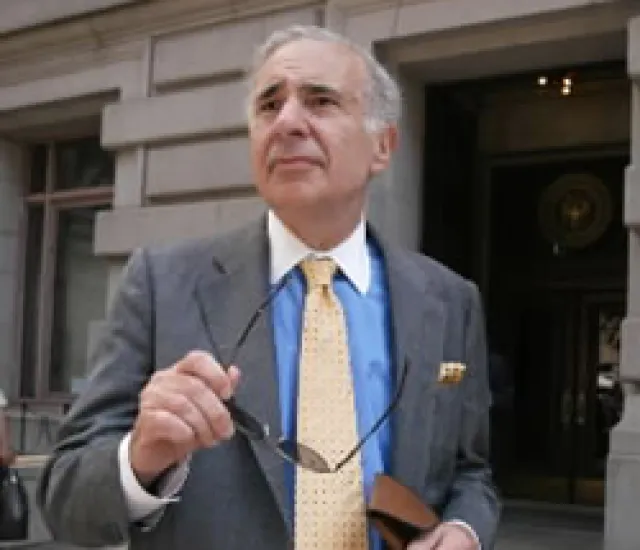
Does It Pay To Follow Carl Icahn?
Carl Icahn's reputation as an activist investor is long established. But what of his record as an activist investor? Can investors make money by following Icahn's investments?
Stephen Taub
August 8, 2011



